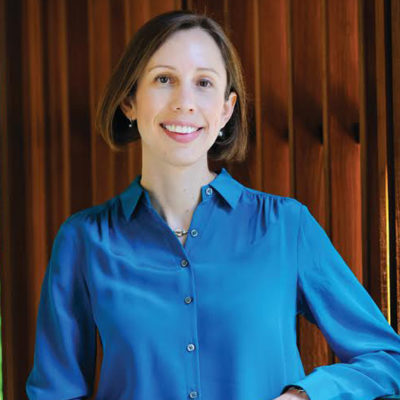Gene Hackers: The Young Biotech Entrepreneurs Looking To Make Billions By Editing Life Itself
Summary
When Rachel Haurwitz started her biology Ph.D. at the University of California, Berkeley, the award-winning biochemist Jennifer Doudna suggested Haurwitz investigate part of a bacterial immune system. She studied how microbes store genetic mementos of attacking viruses and recognize them to fight off future assaults. “It was an esoteric project,” Haurwitz says.
…
It’s esoteric no more. This system, called Crispr, has become one of the hottest technologies in biology, with the potential to give scientists control of the building blocks of life and give investors rich rewards. Crispr had no obvious relevance to human health when it was first described in 1987, but Doudna, who won the Breakthrough Prize in Life Sciences for her Crispr work, and other pioneers have discovered ways to turn it into a gene-editing tool. Haurwitz and Doudna helped found Caribou Biosciences in 2011 to get in on the action. Haurwitz, still in her 20s, became CEO the next year.
…
Beyond the competition, there is an intellectual property conflict. Overlapping patent claims from the University of California and the Broad Institute emerged for the foundational technology, which involves an enzyme called Cas9, used to cut DNA. A lawsuit between the institutions was decided in favor of the Broad, but the U.S. Patent Office has granted patents to both. UC’s patents claim broader rights than were demonstrated in its application, says Lisa Ouellette, a Stanford Law School professor, and could make them vulnerable to a legal challenge. (UC disagrees.)
Read More
